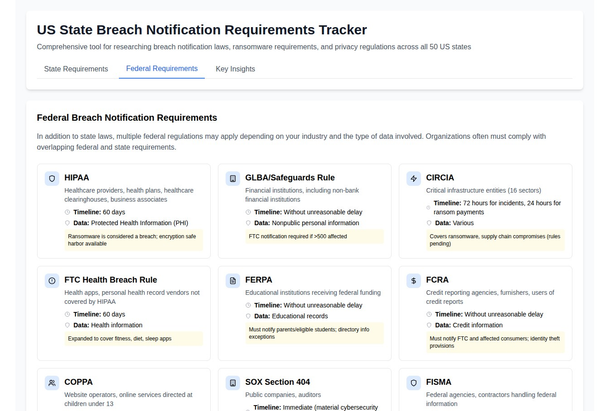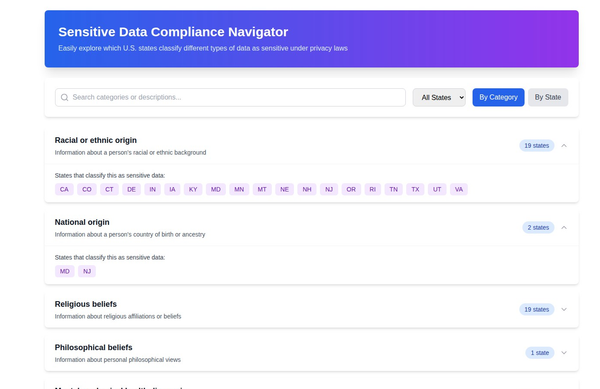The Role of AI in Compliance Management

Introduction
Artificial Intelligence (AI) is no longer a futuristic concept; it's a present-day reality that is revolutionizing various industries, including compliance management. From automating complex tasks to offering predictive analytics, AI is changing the way compliance is managed. This article explores the role of AI in compliance management and how it's making the process more efficient and effective.
What is AI?
Brief Overview
Artificial Intelligence refers to the simulation of human intelligence in machines programmed to think, learn, and make decisions.
Relevance to Compliance
AI's capabilities in data analysis, pattern recognition, and decision-making make it highly relevant to the field of compliance management.
The Complexity of Compliance Management
Multifaceted Challenges
Compliance management involves navigating a labyrinth of laws, regulations, and internal policies, making it a complex and often cumbersome process.
The Need for Automation
Given the complexity, there's a growing need for automation to handle repetitive tasks and data analysis, freeing up human resources for strategic decision-making.
How AI is Changing the Game
Automating Complex Tasks
AI can handle tasks like data sorting, risk assessment, and regulatory reporting, thereby automating the more mundane aspects of compliance management.
Predictive Analytics
AI's ability to analyze large datasets allows it to offer predictive analytics, helping organizations anticipate compliance risks before they become problematic.
Real-Time Monitoring
AI can provide real-time monitoring of transactions and activities, flagging any anomalies that may indicate non-compliance.
Enhanced Decision-Making
AI algorithms can analyze multiple variables to provide more nuanced decision-making, helping compliance officers make better-informed choices.
Challenges and Ethical Considerations
Data Privacy
The use of AI in compliance raises questions about data privacy, especially when sensitive information is involved.
Algorithmic Bias
There's also the challenge of algorithmic bias, where the AI system may inadvertently reinforce existing biases in data or decision-making.
Ethical Use
The ethical use of AI in compliance is still a grey area, requiring ongoing dialogue among stakeholders to establish best practices.
Conclusion
Artificial Intelligence is undoubtedly revolutionizing compliance management, offering automation, predictive analytics, and enhanced decision-making. However, it's essential to approach its adoption with caution, considering the ethical and data privacy challenges. As AI technology continues to mature, its role in compliance management is likely to become increasingly significant, offering more opportunities for efficiency and effectiveness.





